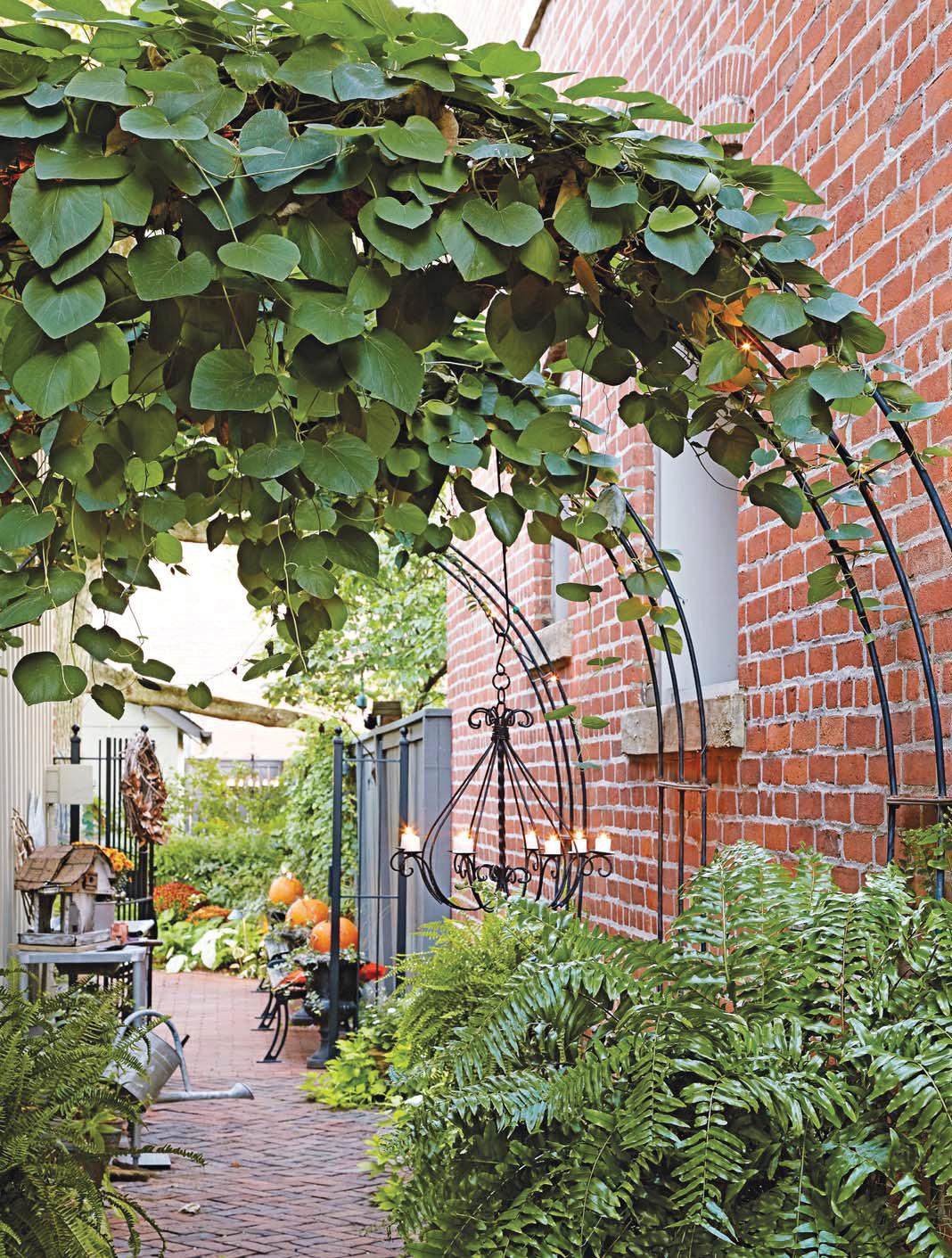
Whether scrambling up a wall, entwining a fence or draping a pergola with shade, climbing plants contribute both style and function in the garden. But vines must be selected carefully, as many are naturally aggressive. Choices popular in the past have created problems we must reckon with, and we should be loath to make the same mistakes.
Over the past 200 years, foreign-sourced garden favorites like English ivy (Hedera helix), the sweetly scented Japanese honeysuckle (Lonicera japonica), Chinese and Japanese wisterias (Wisteria chinensis and floribunda) and multiflora rose (Rosa multiflora) have naturalized in North American fields and forests. Their vigor means they often outcompete native plants and trees, sometimes outright killing them. Yet garden centers continue to sell some of these plants as ornamental solutions. Who wants that? How old hat. It’s time to let native alternatives claim their space in the garden ecosystem.
Dutchman’s pipe
For covering large pergolas or verandas to create shade or privacy, look no further than Dutchman’s pipe (Aristolochia macrophylla), also known as pipevine.
Hardy in USDA Zones 4 through 8, it hails from woods and streambanks of the Mid-Atlantic and Southeast. Somewhat tropical-looking 6-to-12-inch, jade-green, heart-shaped leaves make the vigorous yet manageable woody vine suitable for screening. Small, pendulous, buff-brown pitcher-pot flowers can appear, though you may need to search for them hiding in the large foliage. Their shape inspires the vine’s common names.
هذه القصة مأخوذة من طبعة March - April 2023 من Horticulture.
ابدأ النسخة التجريبية المجانية من Magzter GOLD لمدة 7 أيام للوصول إلى آلاف القصص المتميزة المنسقة وأكثر من 9,000 مجلة وصحيفة.
بالفعل مشترك ? تسجيل الدخول
هذه القصة مأخوذة من طبعة March - April 2023 من Horticulture.
ابدأ النسخة التجريبية المجانية من Magzter GOLD لمدة 7 أيام للوصول إلى آلاف القصص المتميزة المنسقة وأكثر من 9,000 مجلة وصحيفة.
بالفعل مشترك? تسجيل الدخول
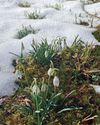
GAGA FOR GALANTHUS
As easy as they are irresistible, snowdrops boast a devoted and growing following
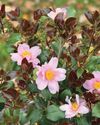
NEW PLANTS
Multiseason Marvels
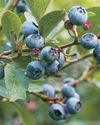
BLUEBERRIES & CO.
Members of the genus Vaccinium provide sweet flavor, health benefits and beauty in the garden
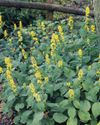
AN ECOLOGICAL AGREEMENT
How three great minds think alike
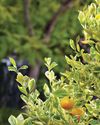
Take It Indoors
Cs the growing season dwindles, _ potted cittus became a summer souuenir
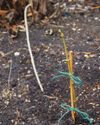
ROOTED IN PLACE
LAYERING IS A PROPAGATION TECHNIQUE THAT TAKES A WHILE TO COMPLETE, BUT IT DEMANDS LITTLE EFFORT FROM THE GARDENER

AT HOME WITH PLANTS
Business travel and pleasure trips helped inspire this Cincinnati garden

THE GARDEN GOES DARK
Yes, gardens have their dark side. But-surprise! A garden's darkness can be good, not sinister.
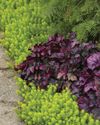
LOW-WATER WONDERS
EXPLORE ONE PLANTSMAN'S DROUGHT-TOLERANT FAVORITES FOR EACH LEVEL OF THE GARDEN

Succeed With Succession- The best crops to plant throughout summer, plus how to time them right
The best crops to plant throughout summer, plus how to time them right. Once a crop like spring turnips or snap peas has finished, I tidy up the bed, amend the soil with a thin layer of compost and replant. Depending on the new crop, I may be sowing seeds or transplanting seedlings.